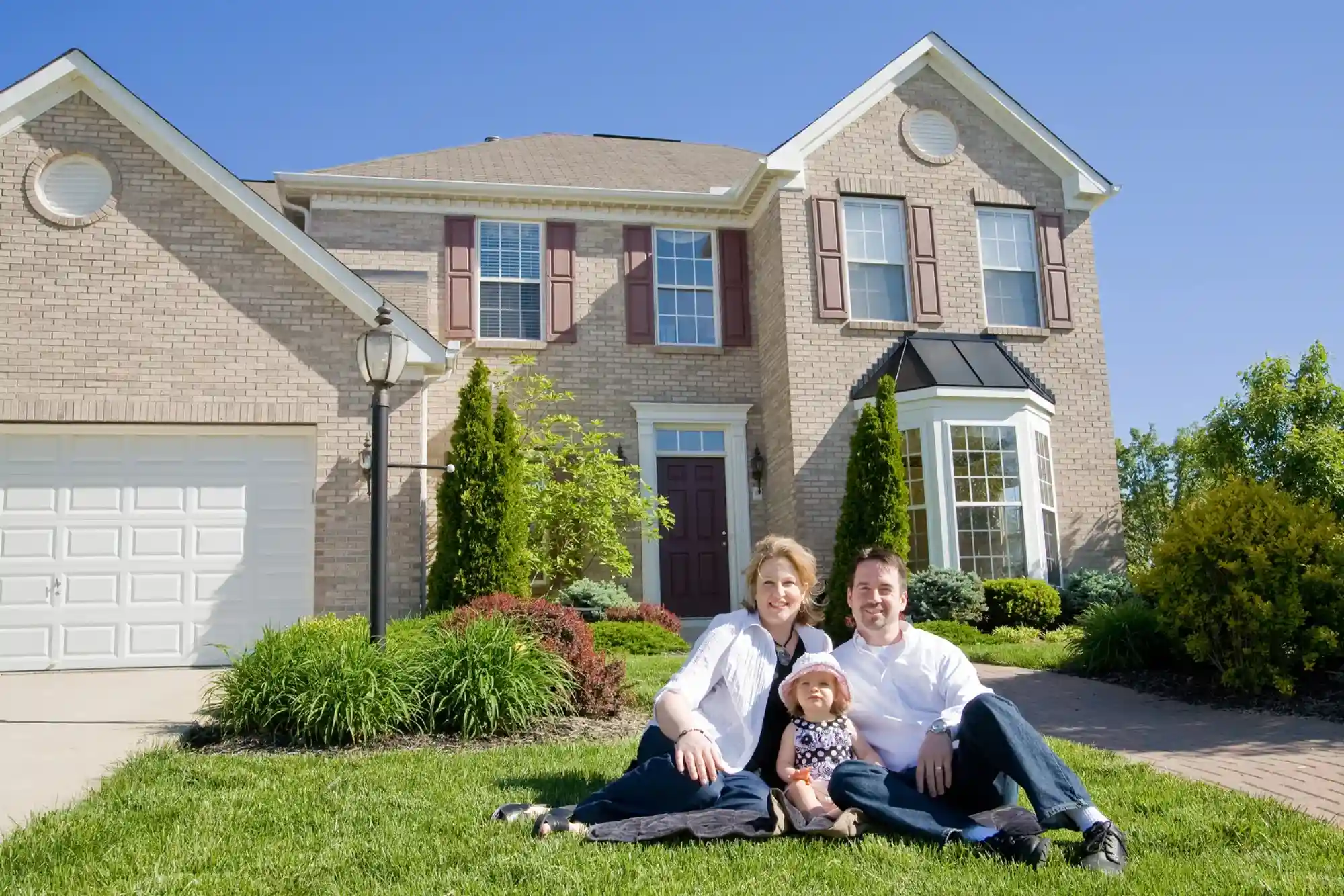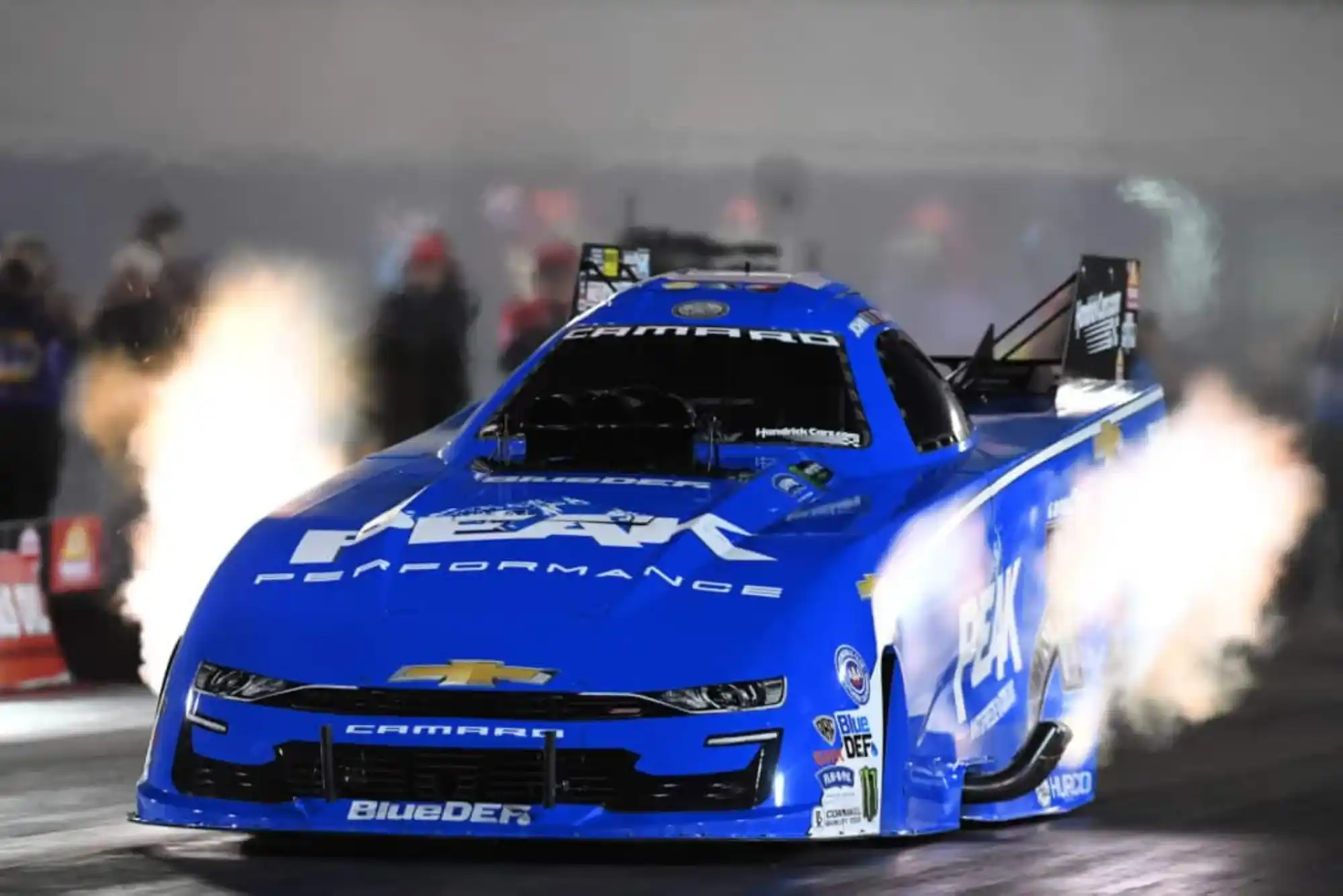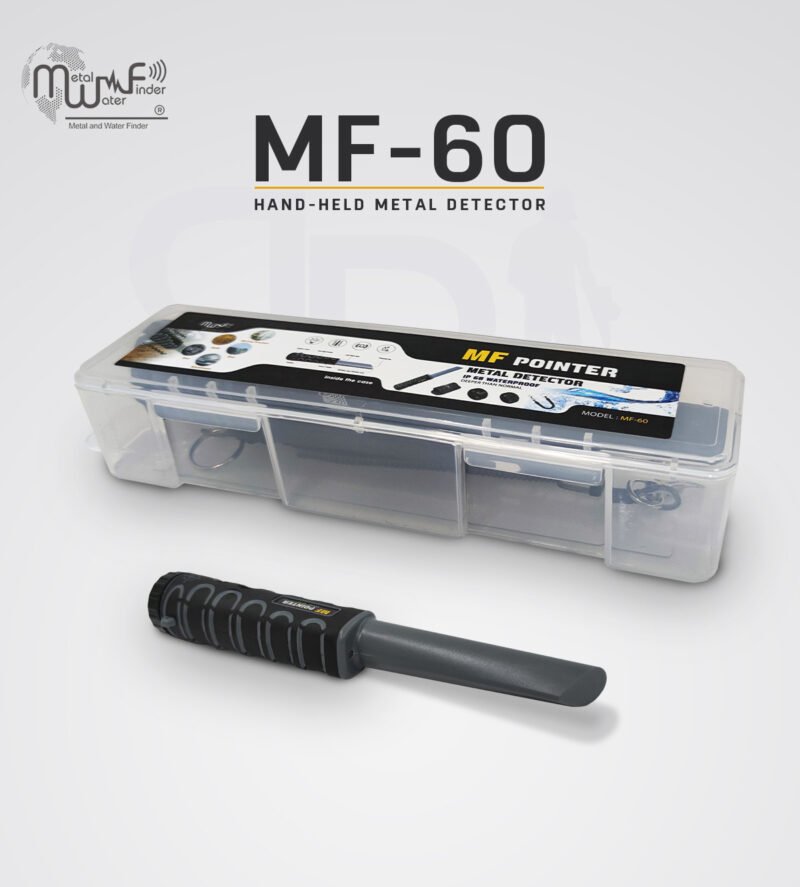Wholesaling real estate is a powerful strategy that enables investors to earn profits without the need to invest significant capital or take ownership of a property. It’s a method that has gained popularity, especially among beginners, due to its low entry barrier and potential for high returns. This comprehensive guide will walk you through the key aspects of wholesaling, from how it works to common challenges and tips for success.
What is Wholesaling Real Estate?
At its core, wholesaling real estate is the practice of securing a property under contract at a discounted price and then selling or assigning that contract to another buyer at a higher price. The difference between the contracted price and the final selling price is the wholesaler’s profit. This method allows individuals to act as intermediaries between motivated sellers and buyers looking for investment opportunities.
Wholesaling real estate often appeals to people looking to enter the real estate market without owning property, as the wholesaler never has to take ownership or finance the property directly. The process relies heavily on finding undervalued properties and connecting them with investors willing to purchase them.
How Does Wholesaling Work?
The wholesaling process generally follows these steps:
- Find a Distressed Property: The wholesaler identifies a property that is priced below market value. These are often distressed properties owned by motivated sellers who need to sell quickly due to financial issues, job relocations, or other personal reasons.
- Contract the Property: The wholesaler negotiates a purchase agreement with the seller. The contract typically includes a contingency clause that allows the wholesaler to exit the deal if they are unable to find a buyer within a specified period.
- Find an End Buyer: The wholesaler markets the property to potential buyers, usually investors looking to flip houses or add rental properties to their portfolios.
- Assign the Contract: Instead of purchasing the property themselves, the wholesaler assigns the contract to the end buyer. The buyer then purchases the property directly from the seller, and the wholesaler earns a fee for facilitating the deal.
- Close the Deal: Once the contract is assigned, the wholesaler collects a fee at closing, typically ranging from a few thousand dollars to tens of thousands, depending on the size of the deal.
| Steps | Description |
|---|---|
| Find Property | Locate a distressed or undervalued property. |
| Contract Property | Negotiate and sign a purchase agreement with the seller. |
| Find Buyer | Market the property to potential investors. |
| Assign Contract | Assign the purchase agreement to the end buyer. |
| Close Deal | Collect a fee after the buyer purchases the property. |
Advantages of Wholesaling Real Estate

Wholesaling real estate offers several benefits, particularly for those new to the real estate market:
Low Capital Requirement
One of the most attractive aspects of wholesaling real estate is that it requires little to no capital to get started. Since the wholesaler never actually purchases the property, there’s no need for down payments, mortgage loans, or large sums of cash upfront. This makes it an excellent entry point for aspiring real estate investors with limited financial resources.
Quick Turnaround
Wholesaling deals typically close much faster than traditional real estate transactions. Because the wholesaler doesn’t need to secure financing or go through the lengthy process of renovating and reselling a property, deals can close in as little as a few weeks. This fast-paced environment can be highly profitable for those who are good at networking and marketing.
No Property Management
Wholesalers do not have to worry about the responsibilities associated with owning real estate, such as property maintenance, tenant management, or paying for repairs. Their role is limited to securing a deal and finding a buyer, after which they are no longer involved in the transaction.
High Earning Potential
Wholesaling can be very lucrative, especially when wholesalers learn how to identify high-margin deals. Some investors report earning tens of thousands of dollars per deal, particularly in competitive markets with high demand for distressed properties.
Challenges of Wholesaling Real Estate
While wholesaling offers several advantages, it also comes with challenges. Success in wholesaling requires hard work, persistence, and the ability to navigate certain obstacles.
Finding Distressed Properties
The wholesaling business hinges on the ability to find undervalued properties. In competitive markets, finding these properties can be difficult. Distressed sellers may also be elusive, making it a challenge to consistently locate properties that fit the criteria for a wholesale deal.
Building a Buyers List
A key component of wholesaling is having a list of buyers who are ready and willing to purchase properties. Wholesalers need to network extensively to build this list, which can take time and effort. Without a strong buyers list, even the best deals may not get sold quickly.
Legal and Ethical Considerations
Wholesalers must ensure they are operating within the bounds of the law. Some states have strict regulations regarding who can enter into real estate contracts and how they can be assigned. Furthermore, ethical dilemmas may arise when dealing with distressed sellers who are in financial trouble. It is crucial to be transparent in all dealings and ensure sellers fully understand the terms of the agreement.
Market Competition
The growing popularity of wholesaling has increased competition in many markets. More investors are entering the space, which can drive up prices and make it harder to secure good deals. Wholesalers must stay ahead of the competition by improving their marketing strategies, networking, and negotiation skills.
How to Succeed in Wholesaling Real Estate

Wholesaling real estate is not a get-rich-quick scheme, but with the right strategies, it can be highly profitable. Here are key steps to succeed in this business:
Learn the Market
Understanding your local real estate market is crucial. Knowing what types of properties are selling, where to find distressed properties, and the price ranges of recent sales will give you a competitive edge. Research neighborhoods, attend real estate meetings, and analyze market data to become an expert in your area.
Build Relationships with Investors
Building a strong network of real estate investors is key to wholesaling success. Attend local real estate investment groups, join online forums, and connect with experienced investors. These relationships will help you grow your buyers list and give you insights into potential deals.
Master Marketing Techniques
Marketing is a critical skill in wholesaling real estate . From direct mail campaigns to online advertisements, your ability to attract sellers and buyers will determine your success. Focus on developing a multi-channel marketing strategy to reach more leads and secure more deals.
Be Transparent with Sellers
One of the common pitfalls in wholesaling is failing to be upfront with sellers. Always disclose that you are a wholesaler and explain how the process works. Transparency will build trust and prevent misunderstandings down the line.
Stay Organized
Wholesaling involves juggling multiple deals, buyers, and contracts. Stay organized by using real estate software to track leads, manage contracts, and keep tabs on your progress. This will help you close deals faster and avoid missing critical deadlines.
FAQs About Wholesaling Real Estate
Do I Need a License to Wholesale Real Estate?
In most states, you do not need a real estate license to wholesale properties. However, some states have stricter regulations that may require a license or impose restrictions on assigning contracts. Always check local laws to ensure compliance.
How Much Can I Make Wholesaling Real Estate?
Earnings vary widely based on the market and the size of the deals you close. Some wholesalers earn anywhere from $5,000 to $50,000 per deal. Experienced wholesalers working in high-demand markets may earn six figures annually.
What Happens If I Can’t Find a Buyer?
Most wholesale contracts include a contingency clause that allows you to exit the deal if you cannot find a buyer within a specified timeframe. However, it’s crucial to negotiate this clause upfront and ensure both you and the seller are clear on the terms.
Can Wholesaling Be Done Virtually?
Yes, wholesaling can be done virtually, especially with the help of online tools and platforms. You can search for properties, negotiate deals, and find buyers remotely. This has become increasingly common with the growth of virtual real estate investing.
How Do I Build a Buyers List?
Building a buyers list involves networking with real estate investors, attending local real estate meetings, marketing properties online, and using lead generation tools. The more connections you make, the easier it will be to find buyers for your deals.
Wholesaling real estate is an attractive strategy for investors looking to break into the real estate market with minimal capital. While it offers many advantages, including quick turnaround times and no property management, success in this field requires market knowledge, networking, and persistence. By understanding the process, overcoming challenges, and staying organized, you can build a profitable wholesaling business.







